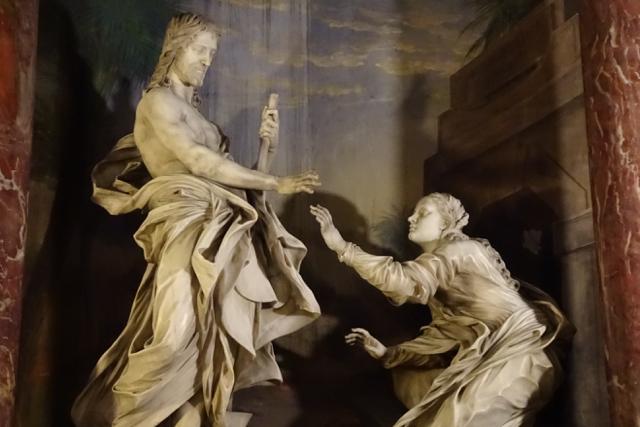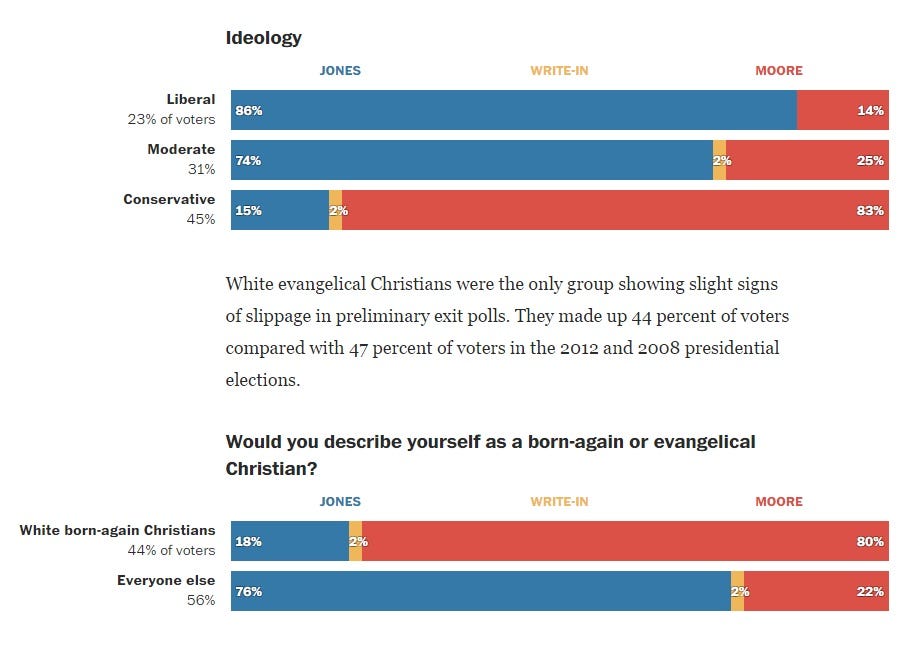Which Jesus?
One of the most common objections I have seen to centered set theology is the question "yes but which Jesus?" Quite a few people have argued that centered set is all well and good, so long as it is bounded (see what I did there) by the correct understanding of Jesus, that is to say, so long as it is the "right" Jesus at the center of the centered set. When this argument is developed it turns out that this idea of the "right Jesus" is often a Trojan horse which can be used to smuggle in nearly any degree of bounded set confessionalism. What "the right Jesus" means, it turns out, is a more or less particular definition of who Jesus is. It is Jesus "as defined my the creeds" or "as presented in the New Testament" etc... In fact, it is Jesus, stripped of his actual existence as a person and reduced to a series of propositions. So long as a real relationship with a real and interacting person forms the heart of centered set theology, the system (while never easy for us) works well and is not really susceptible to the "which Jesus" critique since the answer is clearly and obviously "Jesus".
This is where I think those who make the "which Jesus" critique have inadvertently tipped their hand. The idea that the Jesus at the center of the centered set needs to be defined in order for the model to hold, presupposes not a living, relational center, but a dead propositional center. It assumes a center who is not known but defined. And once the center is defined it must inevitably collapse into a more or less broadly bounded set instead.
The whole problem with the critique isn't that it fundamentally undermines centered set theology as such (though it does), but that it reduces the Divine Person to a series of doctrinal propositions—it isn't bad theology, it is idolatry. Of course once they have substituted God-in-Christ for a series of propositions-about-God centered set theology cannot long survive, the living stone has been rejected and nothing can last long built on a shell or a corpse. The "which Jesus" crowd don't fail to understand centered set because of its flaws (though it certainly has them—it is a model of reality not reality itself and as such is imperfect); they fail to understand centered set because they have not yet broken free of that enlightenment modernist way of thinking which must reduce truth to proposition and thinking to machine logic. They fail to recognize the human and relational logic which sees the other as real, knows the reality of relationship, and knows reality through relationship.
There is, there must be, a knowing of persons (but never of propositions) able to endure the most distorting of factual inaccuracies. Change every particular about a person you love, lose even your love for them as it turns to hate, and it will still be the same person to whom you are relating. Let me be wrong about everything I know about God, and it will still be God about whom I was wrong.
This is the mystery at the center of centered set thinking: the center is never a what—always a who.
Summary of the theory
 Centered set theology exists in apposition to Bounded set theology. The bounded set spiritual model views all people as divided into two camps (sets), in or out; and usually a person’s position in this model is determined by whether or not they have a sort of mental assent to some series of propositions. In usually means that the person will go to heaven some day and out means that they won’t. The centered set approach denies the in/out distinction in favor of orientation. The important question in this model is whether or not a person is oriented towards the center (in my circles this means oriented towards Jesus). In this model it is not so important to get people to cross lines and form new mental assent lists as it is to get people to notice and love Jesus, to orient their lives towards Him.
Centered set theology exists in apposition to Bounded set theology. The bounded set spiritual model views all people as divided into two camps (sets), in or out; and usually a person’s position in this model is determined by whether or not they have a sort of mental assent to some series of propositions. In usually means that the person will go to heaven some day and out means that they won’t. The centered set approach denies the in/out distinction in favor of orientation. The important question in this model is whether or not a person is oriented towards the center (in my circles this means oriented towards Jesus). In this model it is not so important to get people to cross lines and form new mental assent lists as it is to get people to notice and love Jesus, to orient their lives towards Him.



